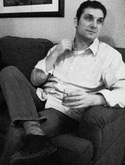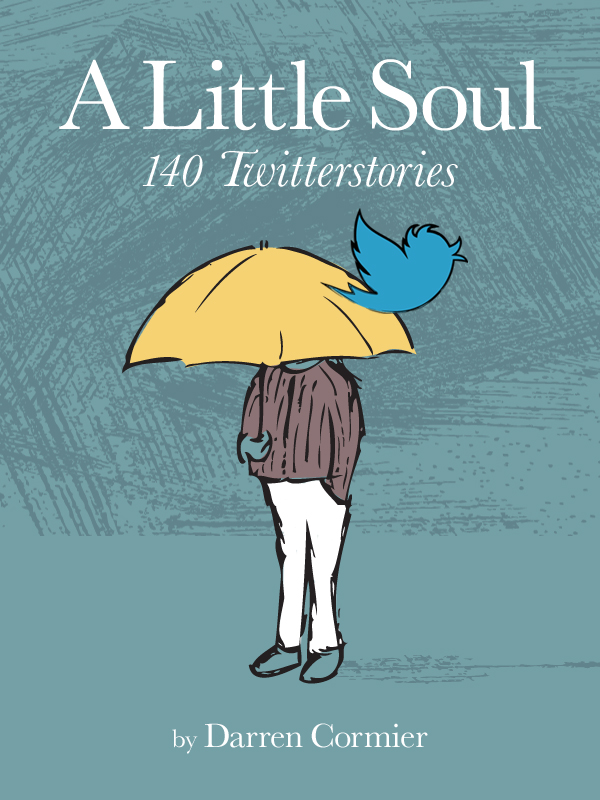A friend emailed me the other day and asked if I had ever read Jonathan Franzen's
The Corrections. I hadn't, I told her, but I had heard amazing things about the book. I have had a hard time putting it on my to-read list based on the fact that many articles and essays I have read claim that Franzen is an asshole. Anecdotal evidence showing that he is highly uncomfortable with the fusion of literature and mass-market appeal is prodigious:
There was
the Oprah incident; the 2005 essay in Harper's magazine by Ben Marcus
questioning Franzen for his lambasting of the entirety of experimental fiction; the essay that engendered Marcus' response, 'Perchance to Dream: In the Age of Images, a Reason to Write Novels.'
Even fans of his writing find much to dislike about him.
She had heard the same things regarding Franzen and did not want to get the book for these reasons or purposes. However, she told me, it was a National Book Award winner, and since she was purchasing it in a used bookstore, she was assured that no money would be going to him. (As someone hopefully about to embark on a writing career, I hope this doesn't happen to me, and, given the state of the publishing industry in general, I have been trying to buy books new or at readings just to continue to support the industry I so hope to become a part of.)
I can't say I will run out and buy
The Corrections or run to the library and take out a copy of the book: I have many other books on my shelves that I have never read. But over the past few years I have been trying to change my mentality on writers and their personalities, trying not to let my judgment of them as people affect how I feel about their work. One of the first writers I applied this regard-for-the-work-not-the-person mentality with was Ezra Pound. Pound, after World War I, moved to Italy and wound up supporting the Fascists and Italian dictator Benito Mussolini: "Every man of common sense, including the odd British MP, knows that every man of common sense prefers Fascism to Communism, from the moment that he learns a few concrete facts about both of them." He was against American involvement in World War II, against centralized banking, and was also anti-Semitic. In general, not exactly an upstanding person. However, read these short poems, including the ever-anthologized 'Alba' below:
AlbaAs cool as the pale wet leaves
of lily-of-the-valley
She lay beside me in the dawn.
The EncounterAll the while they were talking the new morality
Her eyes explored me.
And when I arose to go
Her fingers were like the tissue
Of a Japanese paper napkin.
Simple, exquisite, timeless. I can forgive all of Pound's odious politics and personal beliefs for those two poems. And there are thousands more that he wrote like that.
Truman Capote was as self-absorbed a human as there ever was. He was gossipy, ungrateful to friends and colleagues, and in his final unfinished novel
Answered Prayers: The Unfinished Novel he publicized the private lives of many of his friends and confidantes. If the movie
Capote is to be believed, he turned the film premier of
To Kill a Mockingbird into a bitchfest of how the legal system was preventing him from from finishing his book, not once congratulating Harper Lee. He stayed the execution of two men in the Kansas State Prison system, not because of humanitarian purposes, but he hadn't finished interviewing them yet
In Cold Blood.
And yet it is that book that made me ignore Capote the man and regard Capote the artist. Within the first sentence, we understand his writing genius:
"The village of Holcomb stands on the high wheat plains of western Kansas, a lonesome area that other Kansans call 'out there.'"
Within the brief space of 22 words, Capote has shown us the entire world of this lonely, prairie town. By referring to Holcomb as a village and not a town, we are given the sense of the type of dependent community of the people: in a village, every person matters, and what each person does or provides can affect everyone else: it's a matter of numbers. Most people have a geographic and demographic sense of Kansas as being isolated wheat field, prairie, long rolling expanses of hills and wheat without many people in between. For other Kansans to refer to this village as "out there" really invokes the destitution and isolation of its people. And by setting this up first, we know, just from our own reading and film mythology, that anything nefarious is possible in an isolated area. Where no people are, it's easier for something dreadful to occur.
And Capote accomplishes all of this in 22 simple words, doing nothing more on the surface than describing a landscape. But what's under the surface of the picture Capote paints in that first sentence, the subtext of those words that made him a true genius. Despite being a horrible person.
A few months back, I read a
review about a new biography about Raymond Carver, one of the titans of modern writing, and the king of the minimalist short story. This passage from Stephen King, the reviewer of the biography and someone who knows a thing or two about alcoholism and its destructive effects, says all that needs to be said about Carver the person:
"As brilliant and talented as he was, Ray Carver was also the destructive, everything-in-the-pot kind of drinker who hits bottom, then starts burrowing deeper. Longtime A.A.’s know that drunks like Carver are master practitioners of the geographical cure, refusing to recognize that if you put an out-of-control boozer on a plane in California, an out-of-control boozer is going to get off in Chicago. Or Iowa. Or Mexico.And until mid-1977, Raymond Carver was out of control. While teaching at the Iowa Writers’ Workshop, he and John Cheever became drinking buddies. “He and I did nothing but drink,” Carver said of the fall semester of 1973. “I don’t think either of us ever took the covers off our typewriters.” Because Cheever had no car, Carver provided transportation on their twice-weekly booze runs. They liked to arrive at the liquor store just as the clerk was unlocking for the day. Cheever noted in his journal that Carver was “a very kind man.” He was also an irresponsible boozehound who habitually ran out on the check in restaurants, even though he must have known it was the waitress who had to pay the bill for such dine-and-dash customers. His wife, after all, often waited tables to support him."I posted this article back in November on a separatand a friend replied, "I realized a long time ago that I would never want to meet my favorite authors in person..."
That is so true. I don't think I would want to have dinner or lunch with Jonathan Franzen, or to meet Capote, or John Cheever or Raymond Carver. It was a sad day when I realized that Gore Vidal, one of my favorite writers and quite possibly the best political essayist of my lifetime, was in real life an asshole. However, I still read his books and most of his older essays. (His new works and interviews are nothing more than the screechings of a bitter man.)
But it is possible to divorce ourselves of our personal feelings about an author, and still hold their art, their work in high esteem. And the converse probably holds to be true as well: Nicholas Sparks is probably the nicest man in all of literature.
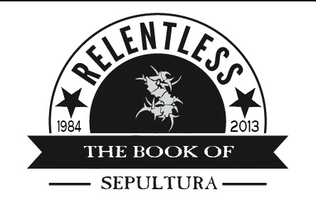

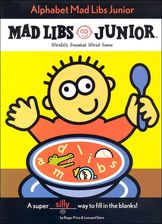
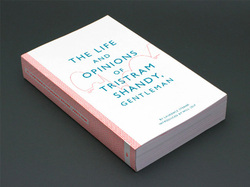
 RSS Feed
RSS Feed